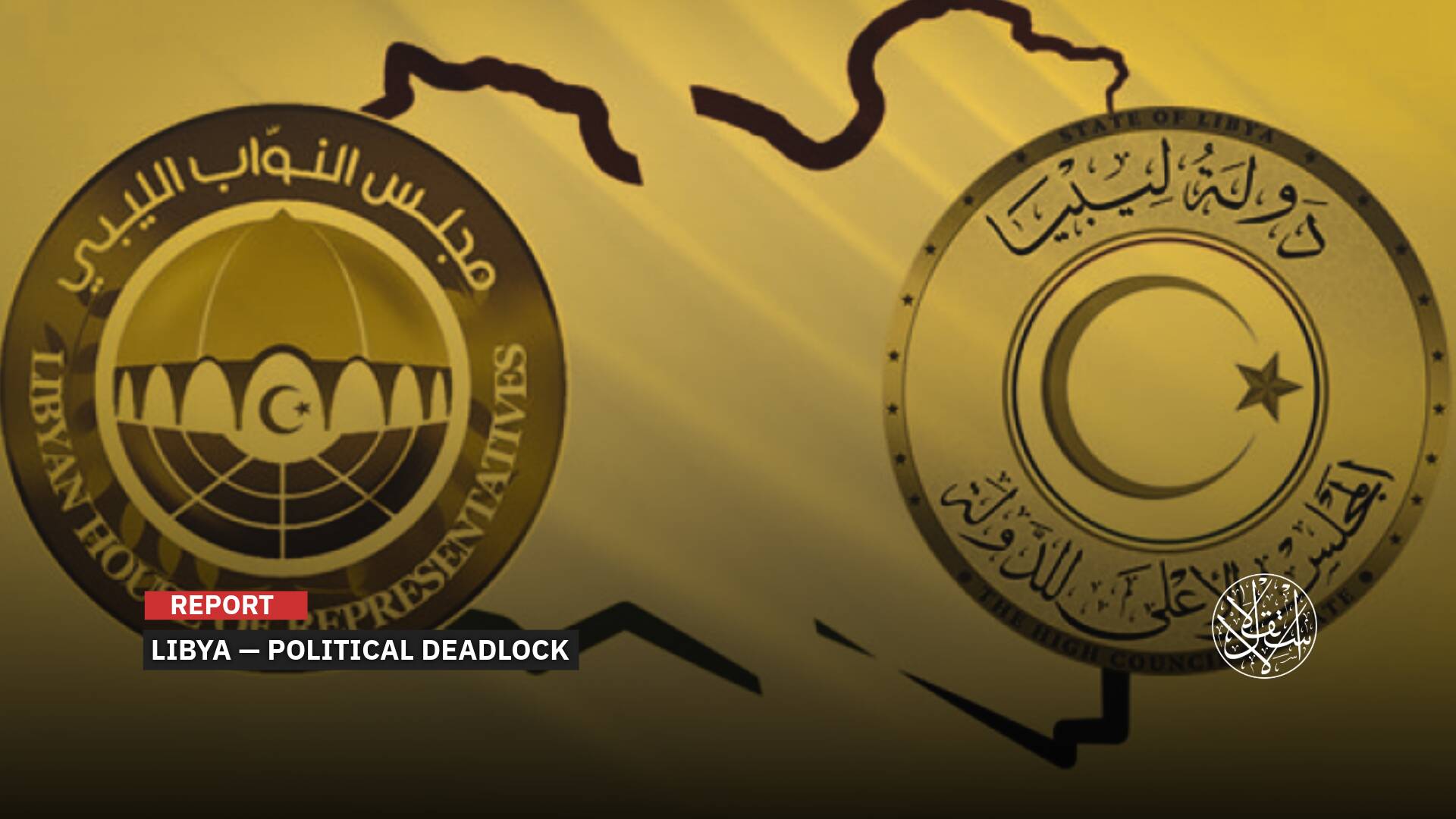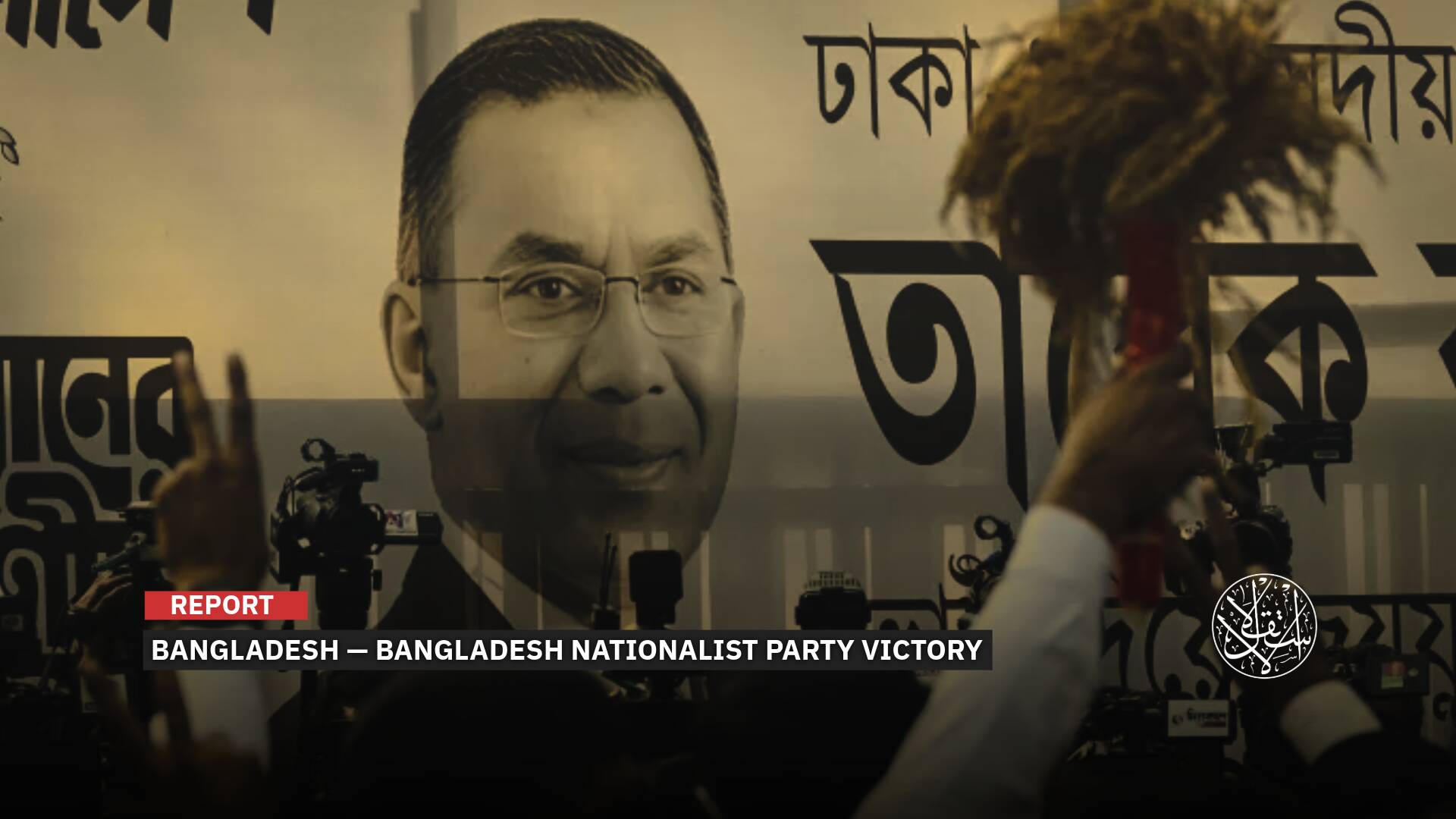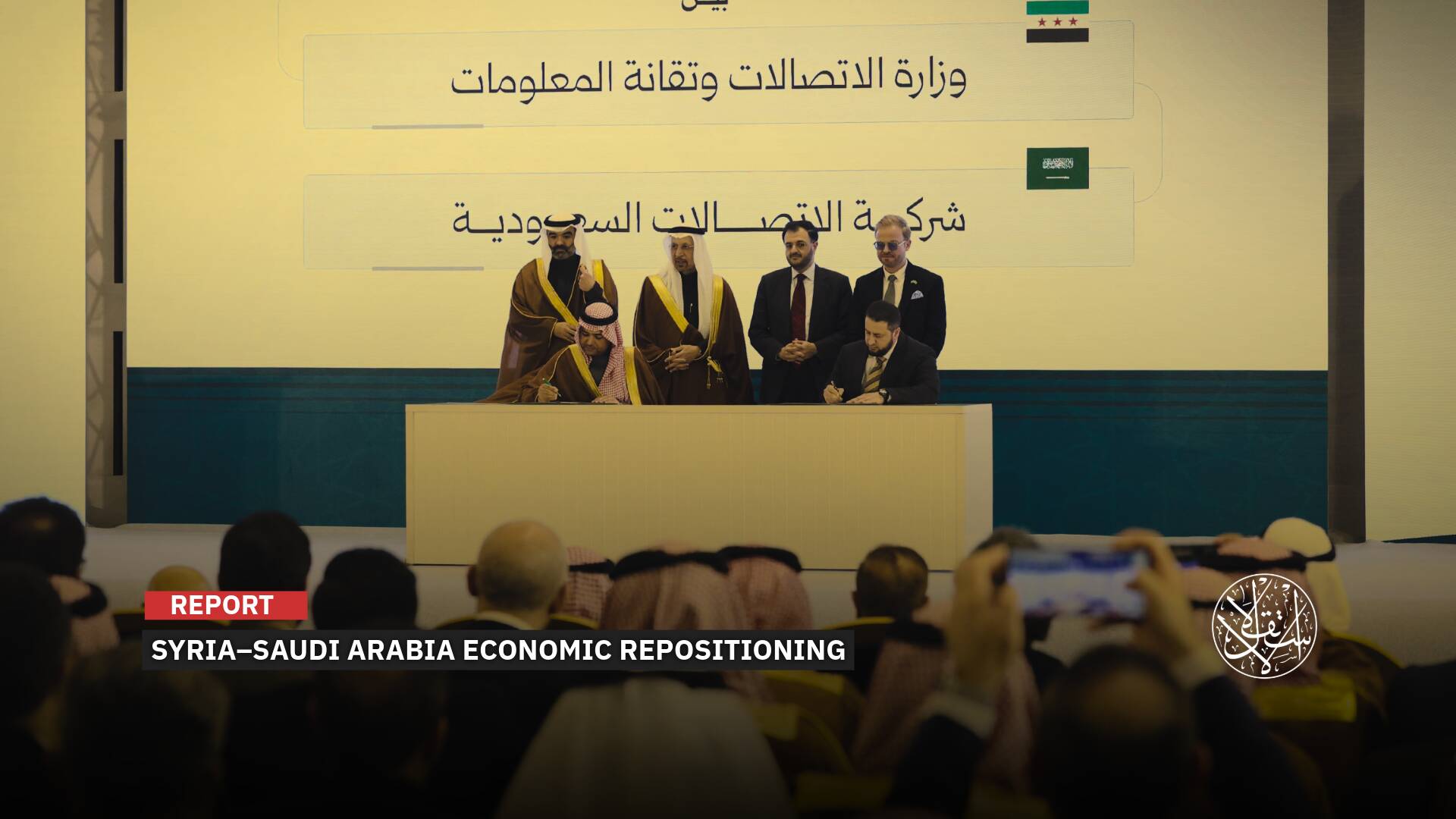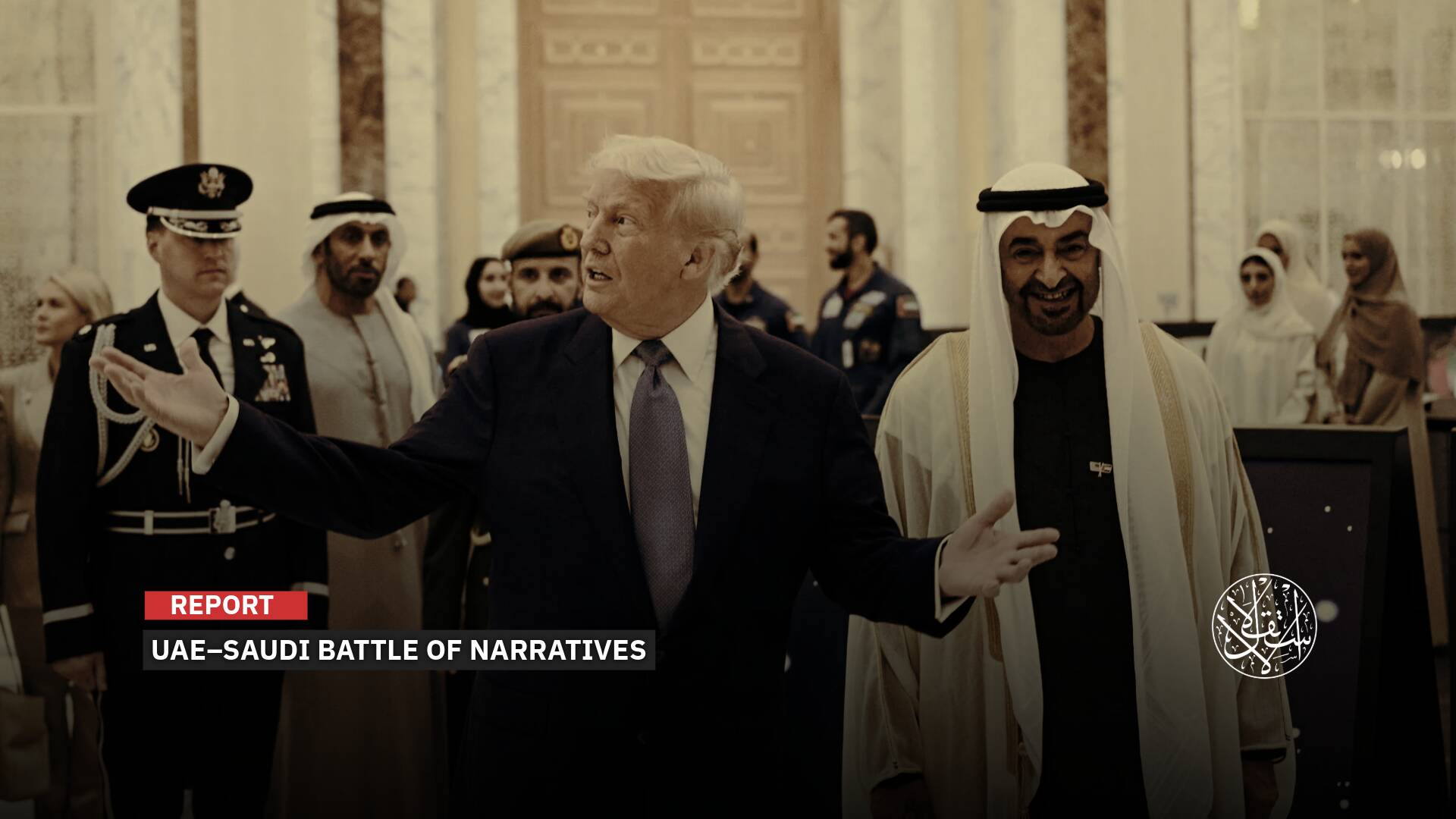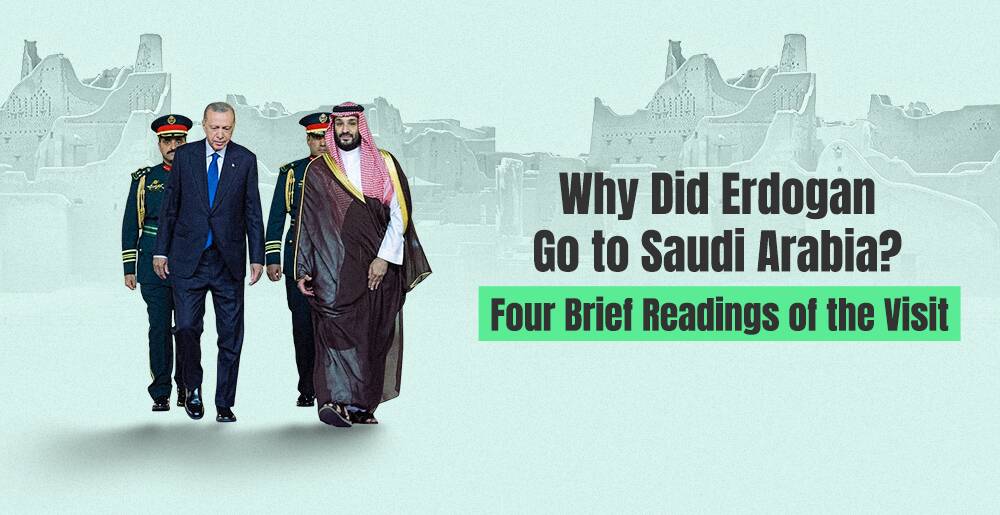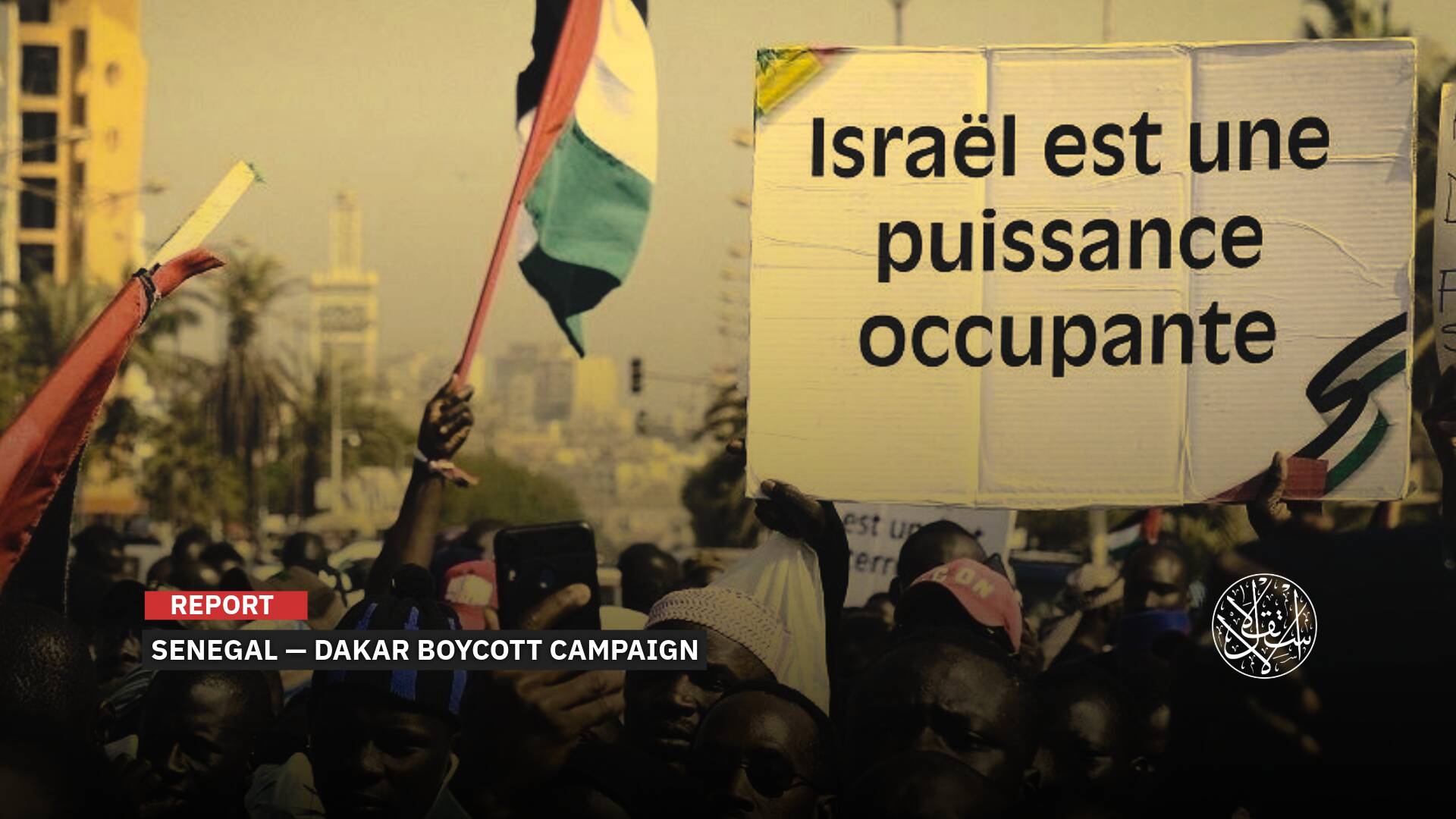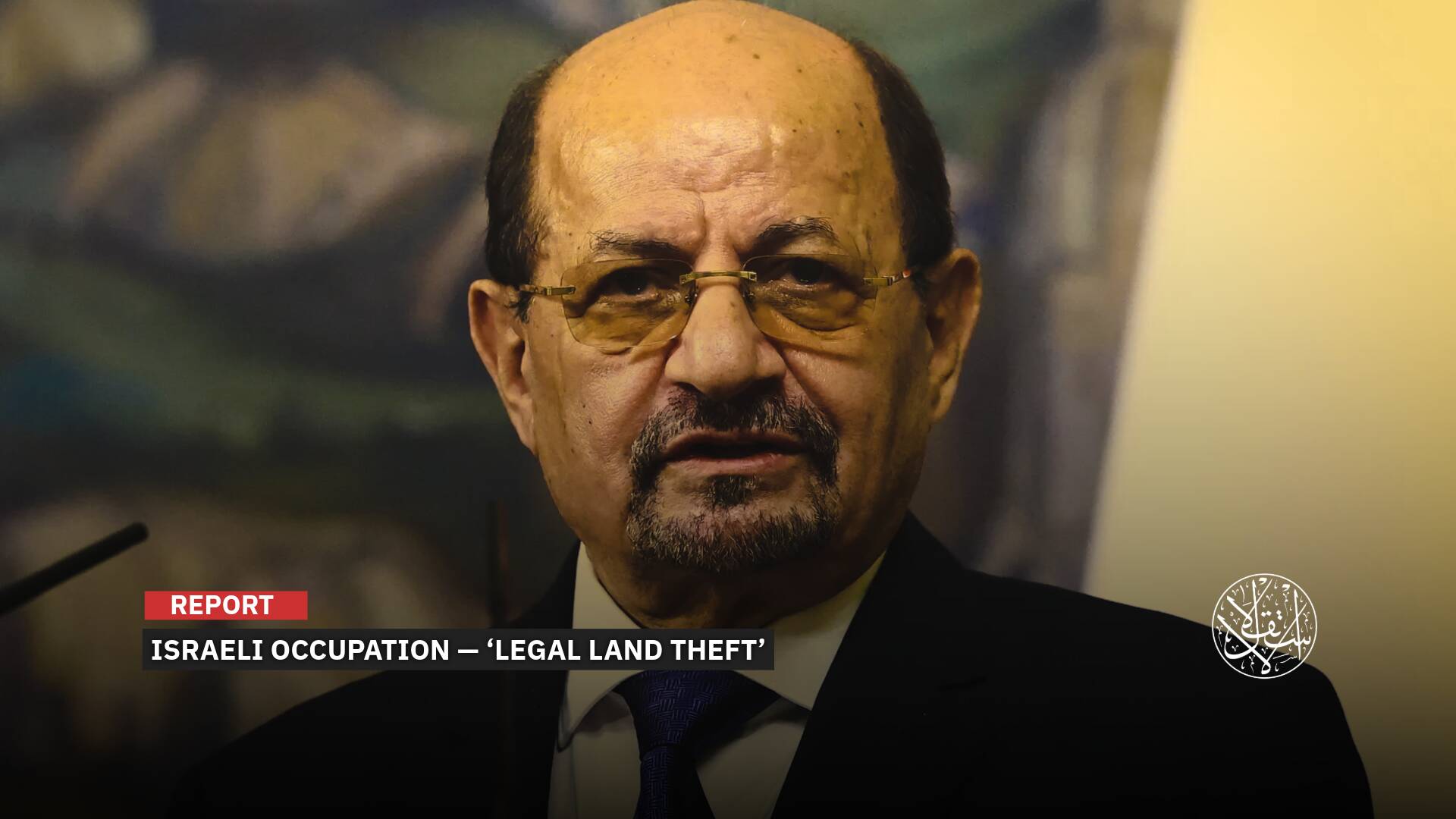These Are the Backstage Relation Between Sisi and Saied

The French magazine Jean Afrique highlighted the close relationship between Egyptian president Abdel Fattah el-Sisi and Tunisian President Kais Saied.
"Sisi and Saied have increased the signs of friendship between them to the point where some wonder: Is the President of Tunisia looking to the Egyptian model?" the magazine said.
In a statement last week, 2021, following a telephone conversation between Sisi and Saied, the Egyptian regime's presidency noted "support and pride in the fraternal ties between both countries."
"Sisi wanted to congratulate his Tunisian counterpart on the recent announcement of the formation of the government, a long-awaited announcement after all, more than two and a half months since Saied granted himself full powers and ruled the country without ministers, with a frozen parliament," the magazine said.
"But these congratulations do not come after a period of disapproval or concern about the Tunisian situation, quite the contrary, Egypt's Sisi and Tunisia's Saied have enjoyed good relations since at least March 2020, achieving their first public record of phone calls," it said, as phone calls have since been repeated.
Unprecedented Convergence
"The two sides are paralleling each other during tragedies (a deadly train accident, a military plane crash, or sending aid against COVID-19) and congratulating each other during the celebrations," said Jean Afrique.
"On October 6, 2021, the President of Tunisia called his brother to mark the 48th anniversary of the October 6th War."
Egypt annually celebrates the anniversary of the victory over "Israel" in the October 6, 1973 war, which it fought to liberate its occupied territory in the Sinai Peninsula, followed by the signing of a peace treaty between them in 1979.
"This history is symbolically important in Egypt," said researcher Nadira al-Sharif, who is interested in transitions in the Arab world after 2011.
"I think Saied decided to celebrate this anniversary, in the context of strategic cooperation with Egypt," she said.
This is certainly not about the Israeli-Palestinian dimension of the event, as the presidency did not mention in early October 2021 the Israeli shelling in the Tunisian city of Hammam al-Shatt in 1985 against the PLO, which was a refugee in Tunisia at the time, al-Sharif said.
"The Egyptian-Tunisian rapprochement that is taking place today is unprecedented in Tunisia since the fall of Zine El Abidine Ben Ali (2011)," she said.
"Former President Moncef Marzouki contacted Egypt only under the late President Mohamed Morsi, but in the meantime, Beji Caid Essebsi seemed to maintain friendly relations with Sisi, no more," she said.
For Sharif, "the Libyan issue has a lot to do with this development in the ties between the two countries."
"Both economically and by ensuring stability and preventing it from slipping back into conflict and becoming fertile ground for terrorism, and while Egypt has the military means to project itself out of its territory, Tunisia cannot say the same," she said.

Admiration or Inspiration?
But as a non-permanent member of the UN Security Council, Tunisia can "act as an intermediary to support or convey certain positions to Egypt or other Arab countries on the Libyan issue, not just that."
After Ethiopia resumed filling the controversial Ennahda dam, Tunisia referred the order to the United Nations in July 2021 by submitting "a draft resolution to its 14 security council partners calling for a halt to filling the reservoir," according to diplomatic sources.
Three months earlier, during his visit to Egypt at Sisi's invitation, Saied said he was looking for "just solutions" to the issue, before adding: "Egypt's security is our security, and Egypt's foreign positions are also ours."
"Strong words must resonate in Tunisia, and they have raised concerns among some of President Saied's military leanings, because after all, the Tunisian president does not stop expressing his admiration for the Egyptian army," said Jean Afrique.
"He was welcomed on the red carpet by horses on the runway, and used his visit to go see the famous Barlev Line, the site of this military miracle in 1973," it said.
"He continues to praise Egypt's military prowess when, a few days later, he received the Egyptian regime's Foreign Minister Sameh Shukri, resuming the atmosphere of the professor who was giving a lesson in the amphitheater."
"We must not forget that he had some relations in Arab nationalist circles, so he has this enthusiasm for the history of the Egyptian army," It recalls.
"While it is difficult to judge Saied's intentions, in recent months, military symbols have abounded in his official contacts, as he often stood side by side with the military, as during his July 25, 2021 speech, and from there he imagines that his actions are inspired by Egypt’s military model."
"Saied's approach to the army can be interpreted, on the one hand, as a political act, as he was completely isolated, and he did not have the means to say: I have a public party behind me, and on the other hand, it was a way of telling his opponents: if there is a violent reaction, the armed forces are on my side, but that does not mean that the army should participate in politics," it said.
"The criticisms of Saied are either a fear of the return of dictatorship, or—something not heard in the country's recent history—an Egyptian scenario," it said.


